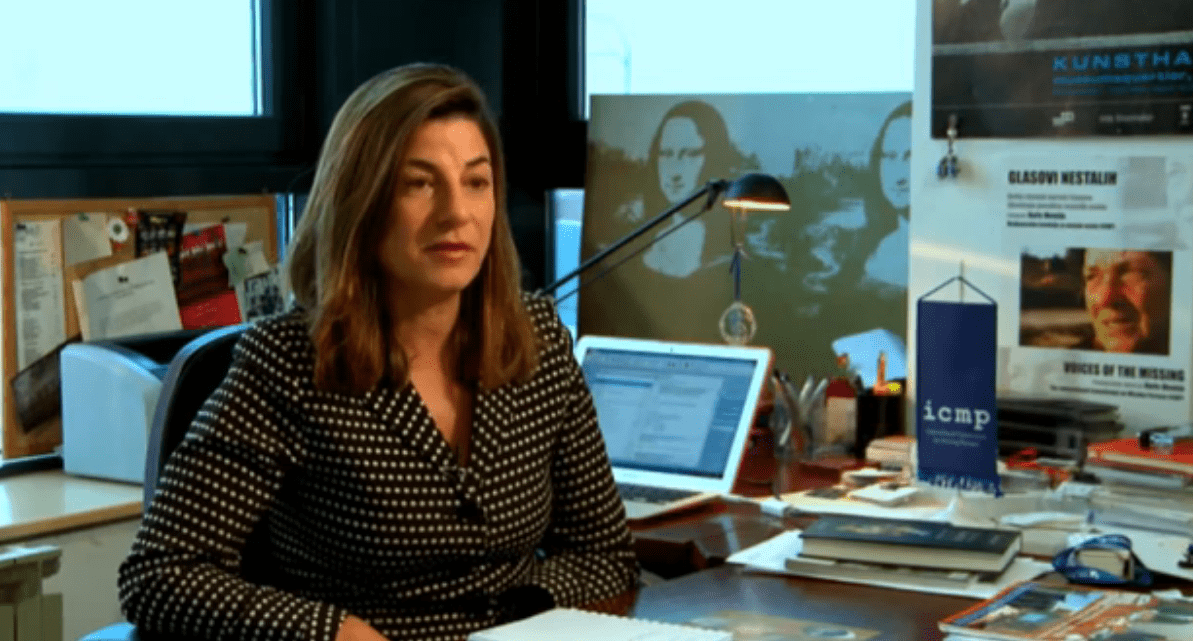This post is also available in: Bosnian
The meeting held on Thursday, June 13 was attended by representatives of the Cantonal Prosecution of Sarajevo, District Prosecution and the Centre of Public Safety in Eastern Sarajevo, as well as journalists reporting on the work of these institutions.
The participants discussed the problems related to communication between journalists and judicial institutions. They concluded that they should continue investing efforts in developing good quality co-operation and improving the official channels of communication in order to provide citizens with timely and objective information.
Journalists said that judicial institutions were still largely closed towards the media, adding that some media representatives held privileged positions when it came to obtaining information from the institutions.
On the other hand, spokespersons of the prosecutors’ offices from Sarajevo and Eastern Sarajevo said that they were trying to respond to all journalists’ requests, but they faced problems due to the fact that some journalists wrongly interpret their statements.
It was concluded that more meetings between spokespersons and journalists should be organised in order to have an open discussion on the problems and build mutual trust and understanding.
Spokespersons of the Centre for Public Safety in Eastern Sarajevo and Cantonal Prosecution of Sarajevo said that they sometimes organised press conferences in order to inform the public about the results of their work, while the District Prosecution in Eastern Sarajevo did not have such practice, which the journalists consider negative.
The meeting saw participants discuss the major problem facing court reporters caused by the anonymisation of court documents.
The journalists said that the key problem facing them was the fact that they did not receive indictments or second instance verdicts, which would enable them to write objective reports. Representatives of the prosecutors’ offices agreed that the anonymisation practice was negative, even for them, considering the fact that it limited the public’s insight into their accomplishments.
Also, it was pointed out that the anonymisation of verdicts limited the preventive role of criminal proceedings and that indictments too should be considered public documents once they had been confirmed, so the general public could view them.
Finally, the participants find the fact that the Criminal Proceedings Code contains only a few provisions related to victims appalling, because criminal proceedings are initiated for their sake in the first place.

